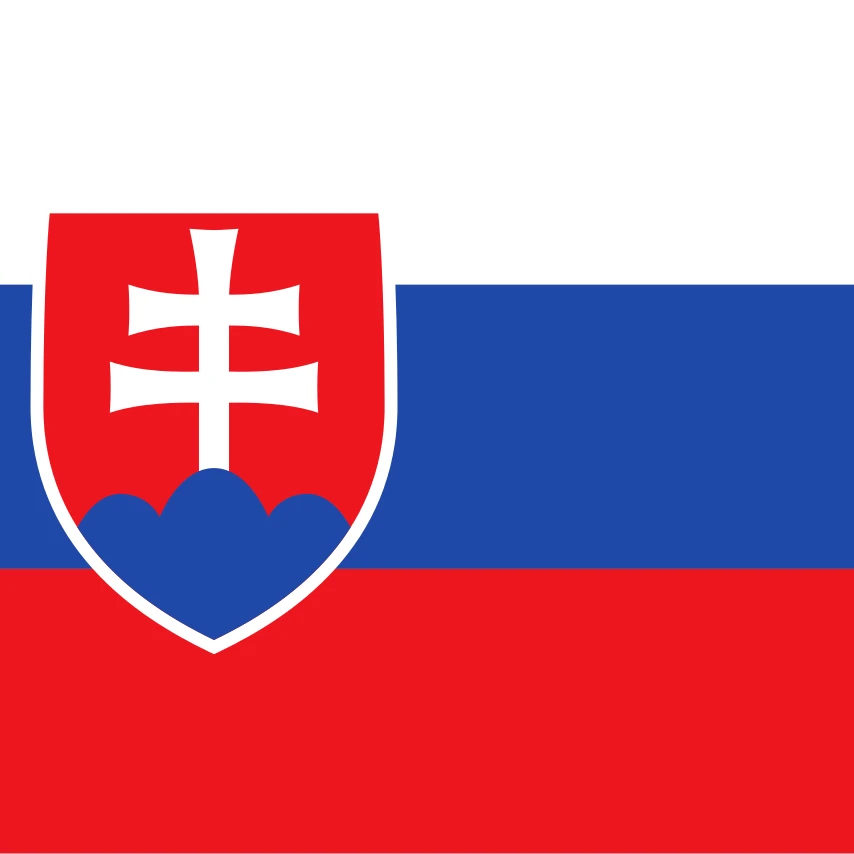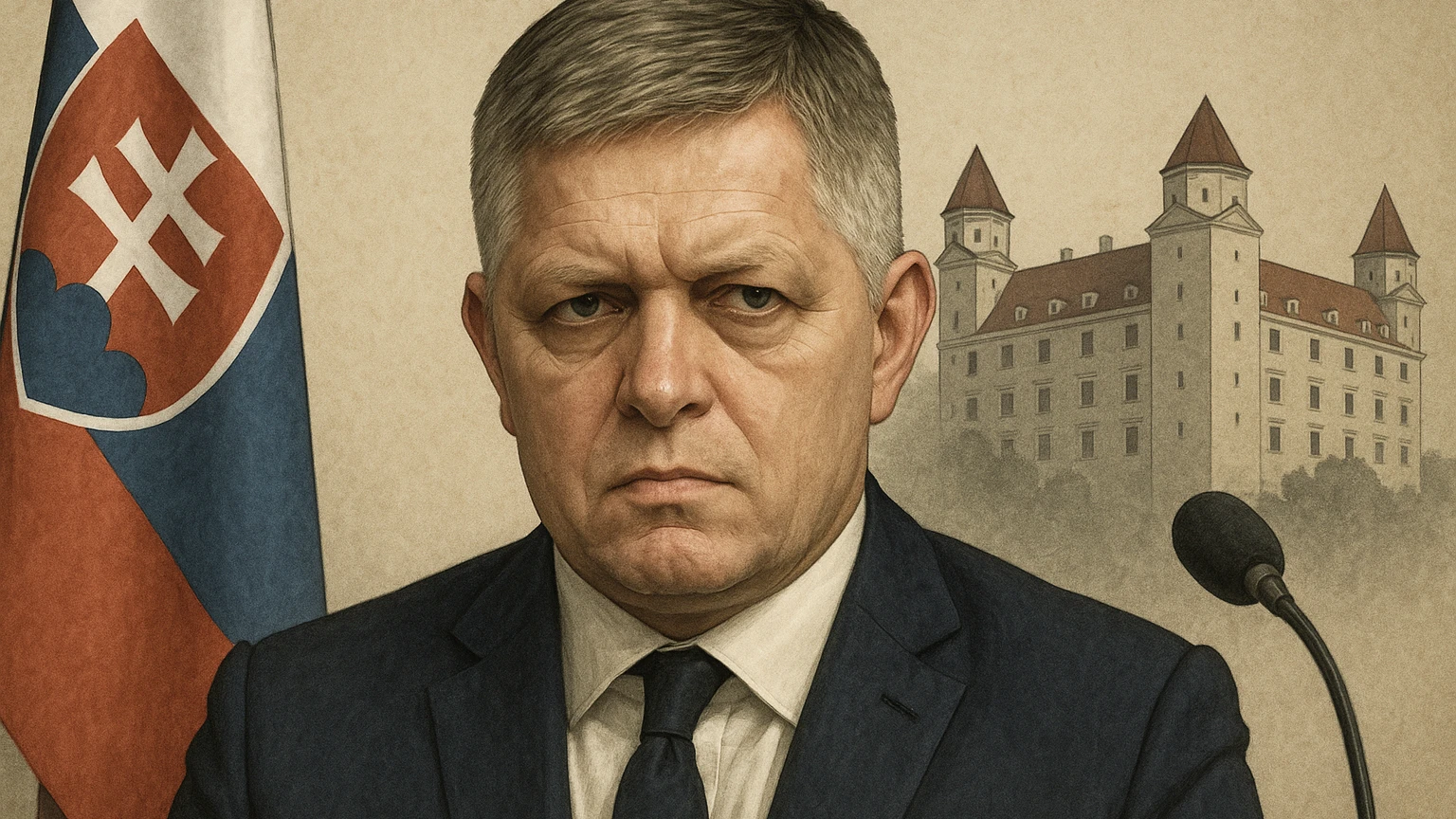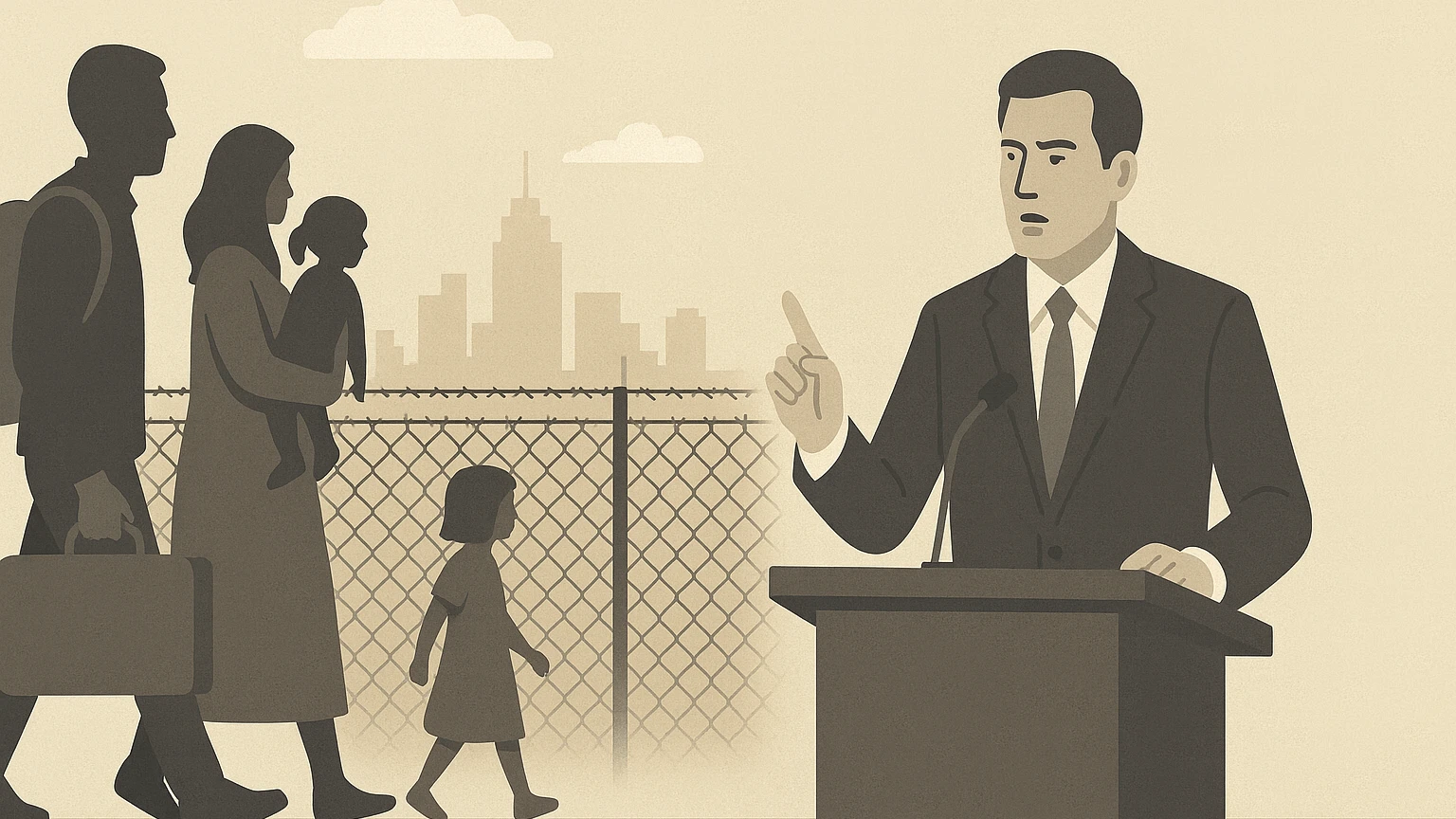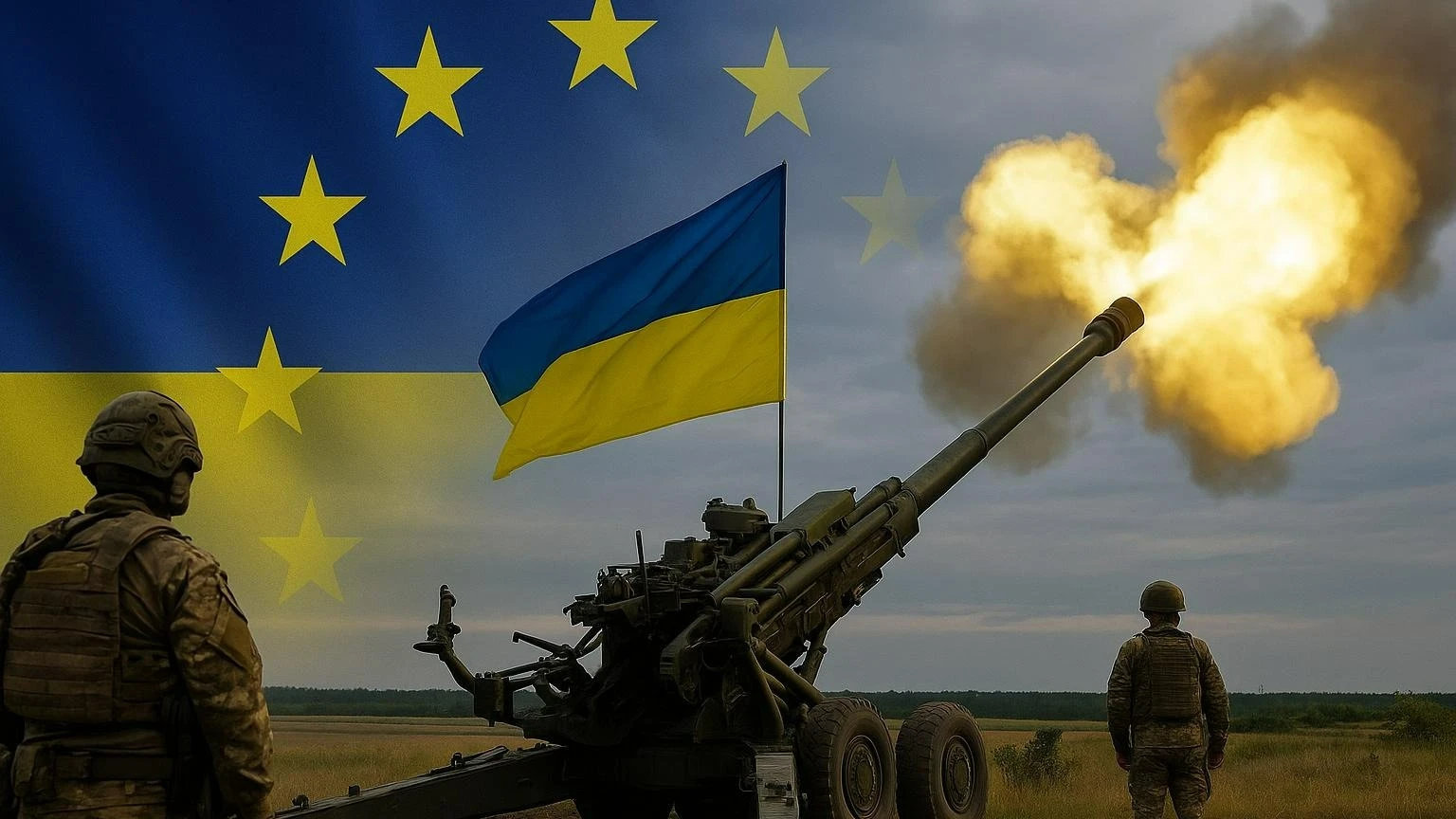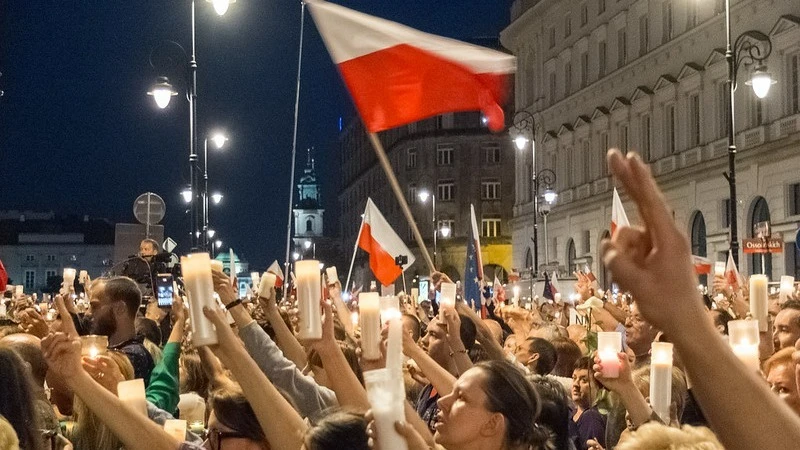Slovakia
Slovakia is a parliamentary democracy in Central Europe, established as an independent state on January 1, 1993 following the peaceful dissolution of Czechoslovakia.
Its capital is Bratislava, and the national language is Slovak.
Political System & Governance
Slovakia operates under a parliamentary democratic system. The President is the formal head of state with limited executive power, while the Prime Minister leads the government and holds most executive authority.
The country is unitary and divided into 8 administrative regions that have been granted limited autonomy.
Human Rights & Civil Society
Civil society in Slovakia is active, with numerous NGOs working on human rights, governance, transparency, and democratic engagement.
However, recent legislative proposals and government pressure threatening NGOs’ autonomy, funding, and obligations have raised serious concerns. For example, a draft law would require NGOs receiving more than €5,000 in foreign funding to register as “organizations with foreign support.”
The Council of Europe’s Commissioner for Human Rights has urged the Slovak Parliament to refrain from adopting laws that violate European human rights norms.
The National Centre for Human Rights (SNSĽP), Slovakia’s accredited human rights institution, serves as the equality body, monitors rights, issues reports, and provides legal assistance.
Economy & Key Indicators
Slovakia’s economy is diversified, with strong industrial and service sectors. The automotive industry is a major export driver.
The country adopted the euro in 2009.
Slovakia also holds membership in the OECD.
Regional Relations & Foreign Policy
Slovakia is a member of the European Union and the Schengen Area.
Its foreign policy emphasizes European integration and constructive engagement with neighboring states.
At present, government policies concerning NGOs, media freedom, and judiciary reform have attracted criticism from European institutions and watchdogs.
Challenges & Outlook
- Ensuring an enabling and safe environment for civil society amid restrictive legislation
- Preserving judicial independence in the face of political pressure
- Safeguarding media freedoms against politicized control
